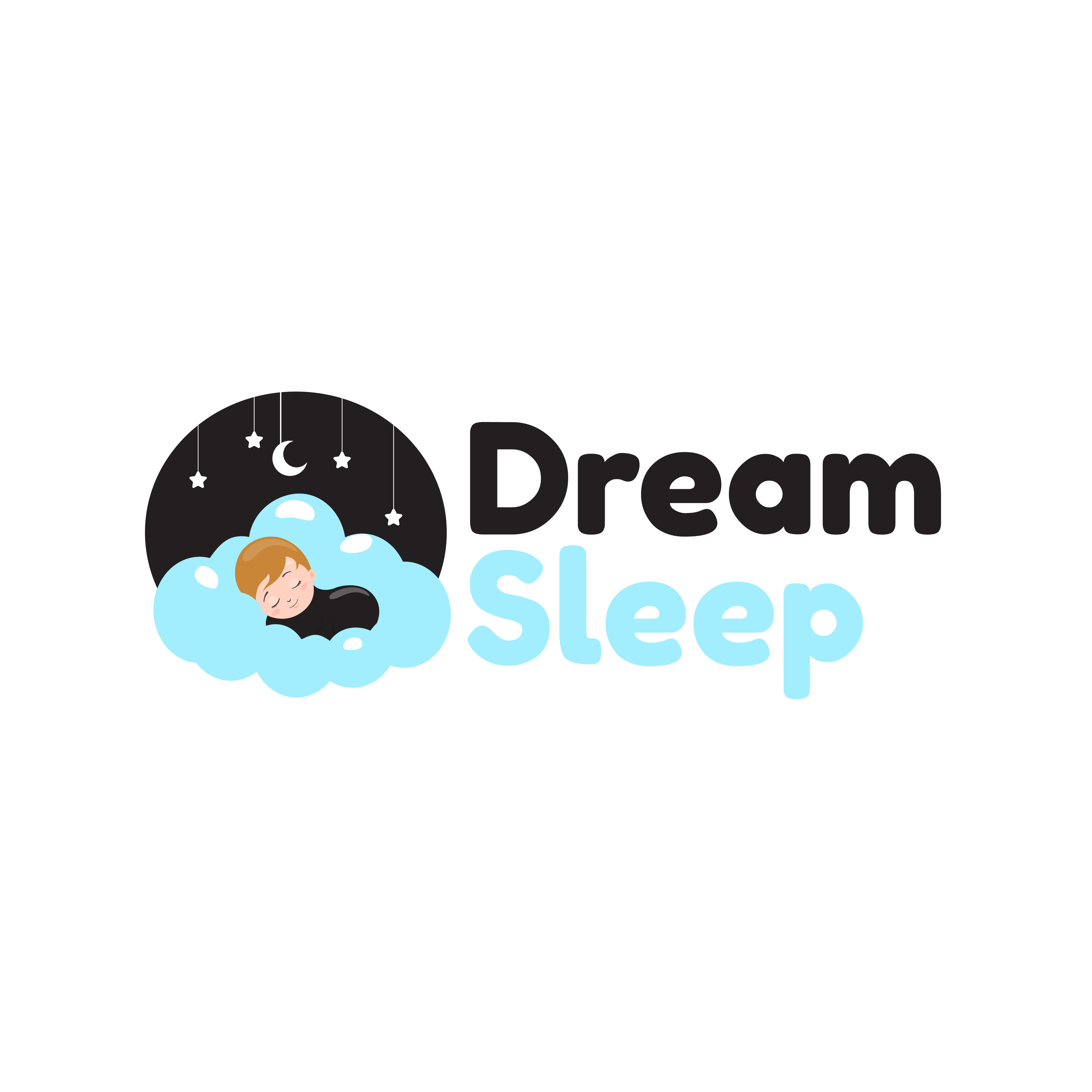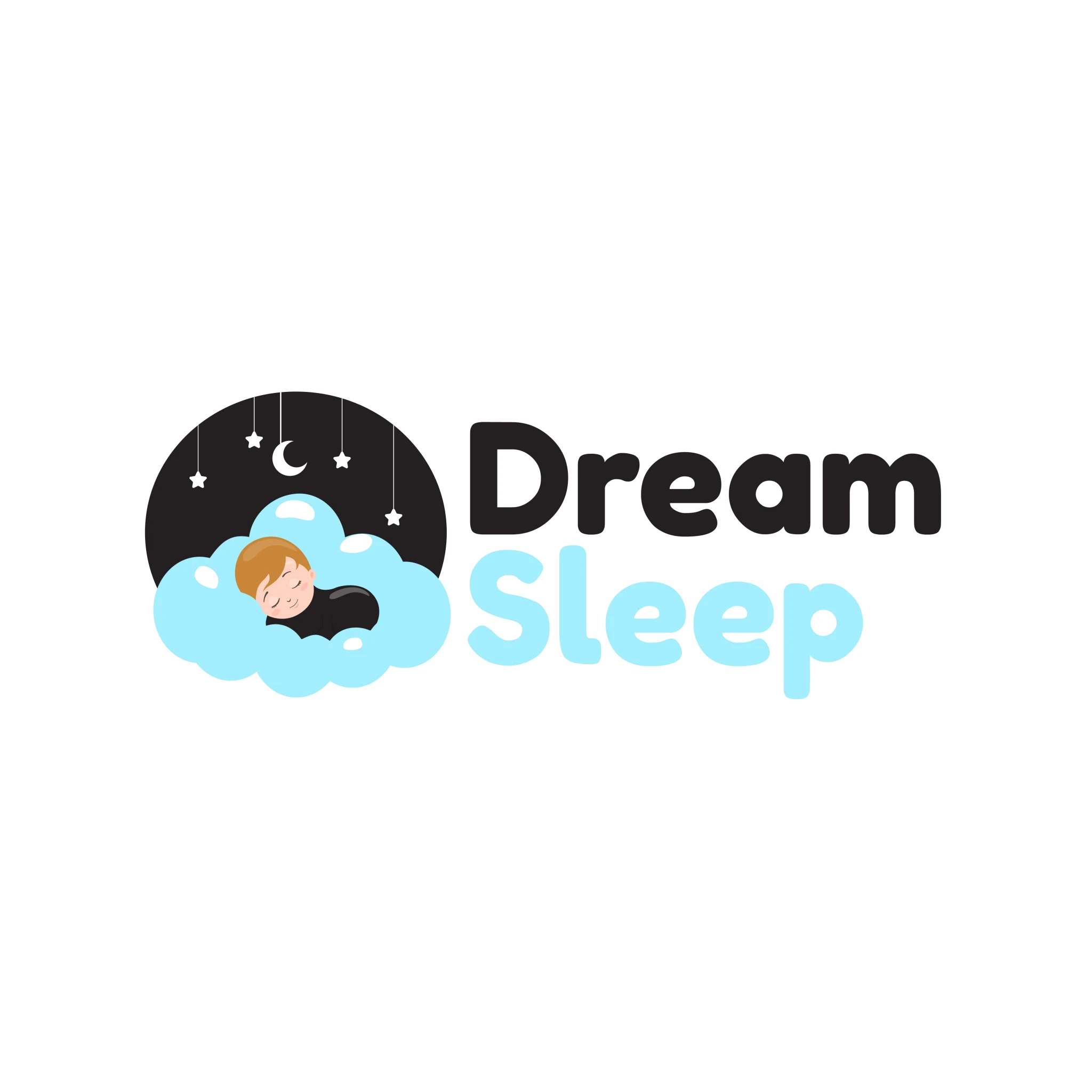How does a secure attachment relate to sleep?
Secure attachment refers to a healthy and positive emotional bond between an individual and their primary caregiver, typically developed during infancy and early childhood. This attachment style is characterised by trust, comfort, and a sense of security in the presence of the caregiver. Securely attached individuals generally feel safe exploring the world, knowing that their caregiver is there to provide support and reassurance when needed.
The quality of attachment formed during early life can influence various aspects of an individual’s development, including their sleep patterns. Securely attached individuals tend to have more favorable sleep outcomes compared to those with insecure attachment styles. Here’s how secure attachment can relate to sleep:
1. Reduced anxiety and stress: Securely attached individuals often experience lower levels of anxiety and stress. This emotional stability can positively impact sleep, as anxiety and stress are known to interfere with the ability to fall asleep and maintain a restful sleep state.
2. Enhanced self-regulation: Securely attached individuals have typically developed effective self-regulation skills. This ability to manage emotions and self-soothe can contribute to better sleep, as they are less likely to experience emotional disturbances or rely on external sources of comfort to fall asleep.
3. Trust and safety: Secure attachment fosters a sense of trust and safety, which can translate into a more relaxed sleep environment. Feeling secure and protected contributes to a calm mindset and facilitates the ability to fall asleep and stay asleep throughout the night.
4. Healthy sleep routines: Caregivers who prioritise secure attachment often establish consistent and nurturing routines, including bedtime routines. These routines help regulate the sleep-wake cycle and signal the body and mind that it’s time to sleep. Consequently, securely attached individuals are more likely to have established and consistent sleep patterns.
5. Responsive caregiving: Secure attachment involves responsive caregiving, where caregivers are attuned to the needs of the child and provide comfort and support when required. When infants and children receive responsive caregiving, they develop a sense of trust and security that extends to their sleep. Knowing that their needs will be met, they can relax and sleep more peacefully.
While secure attachment can have a positive influence on sleep, it’s important to note that sleep is a complex phenomenon influenced by multiple factors. Other individual characteristics, environmental factors, and personal experiences can also impact sleep outcomes.
To discuss this further about your infant and individual needs, please contact Dream Sleep Occupational Therapy via email info@DreamSleepOT.com.au or visit the website.
Or Book Now

Share this:
Leave a comment

For the best sleep possible
Dream Sleep Occupational Therapy provides evidence-based and personalised advice to support your family’s best possible sleep
Contact Us
Open Hours
Mon-Fri: By appointment only
Saturday: Closed
Sunday: Closed
Public Holidays: Closed
WA School Holidays: Closed
Location
Maylands, Western Australia.
Telehealth, online courses and sleep guides- worldwide
All Rights Reserved 2025 Dream Sleep OT.


